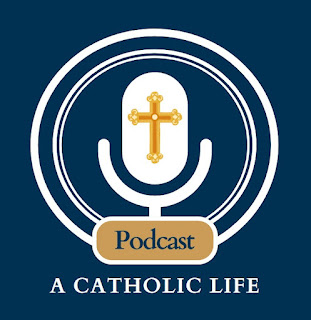Many people today desire a simple life that is closely connected to land, whether it be gardening, farming, or ranching. There is a spiritual draw to a non-consumeristic lifestyle that places God, the family, and the home at the center of all activity. This “agrarian conversion” has led many families to seek out rural communities and leave behind the suburban life.
Over ten years ago, two Catholic friends, Jason M. Craig and Thomas D Van Horn, experienced a similar agrarian conversion inspired by past Catholic land movements and a growing desire to work with their wives and children, going deeper than just “supporting” them financially. Both began a journey, perhaps with a tad too much romanticism, toward land-based life on farms. All these years later, the two have been tempered by the unyielding realities of land and limitations and have gained significant insights into the reasons, challenges, and possibilities of homesteading and farming.
In The Liturgy of the Land: Cultivating a Catholic Homestead, Craig and Van Horn present the practicalities and theological aspects behind the desire for a productive, holy home. Our current culture understands the economy in efficient consumeristic terms, but our Catholic Faith tells us differently. The productive homestead is the center of economic life, and the family is at the center of the homestead. This book aims to bring the stories from their experience into a presentation and proposal of homesteading as a way of life, considering the principles (why?) and the practicalities (how?). May we do so under the patronage of St. Isidore the Farmer, who is honored in some places on March 22. And here is just one great excerpt worth meditating upon today:
Most people know that our technology-loving, post-industrial society is new. For centuries upon centuries prior—literally from the beginning of time—the work com- mon to most men the world over was finding, growing, securing, and preserving food. These acts were foundational for staying alive, but providing for bodily needs also grew into beautiful and intricate cultures where food wasn’t just important for staying alive but for living a life. This is because we, as man, must provide food like the beasts, but our work builds up into culture because we have souls. Intertwined with and sanctified by the Church, the life of prayer, work, fasting, and feasting formed a single life, an inte- grated whole. In the vast countryside of Christendom, the work of God (worship) and the work of the land was the life of the people, a single life undivided.
I was given an advanced copy of some of the text and I have to say it is quite inspiring and something I do recommend. Please check it out through Tan Books, especially as we are now in the spring season.





.jpg)

.PNG)









